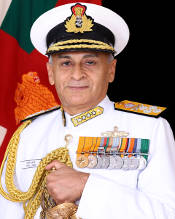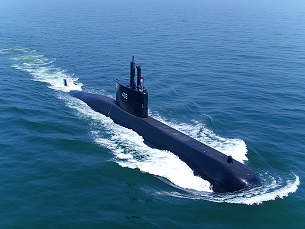NEW DELHI (PTI): The Union Cabinet has approved continuation of the ongoing GSLV programme phase-4 consisting of five rocket flights during 2021-2024.
The phase four will enable the launch of two-tonne class of satellites for geo-imaging, navigation, data relay communication and space sciences, an official statement said.
The total fund requirement for phase four has been pegged at Rs 2729.13 crore and includes the cost of five Geosynchronous Satellite Launch Vehicles (GSLVs), essential facility augmentation, programme management, and launch campaign, along with the additional funds required for meeting the scope of the ongoing programme.
The GSLV continuation programme will meet the launch requirement of satellites for providing critical satellite navigation services, data relay communication for supporting the Indian human spaceflight programme and the next interplanetary mission to Mars.
It will also ensure the continuity of production in Indian industry, the statement said.
The continuation programme will meet the demand for the launch of satellites at a frequency up to two launches per year, with maximal participation by the Indian industry.
All the operational flights would be completed during the period 2021-24.
The GSLV continuation programme was initially sanctioned in 2003, and two phases have been completed and the third phase is in progress and expected to be completed by the fourth quarter of 2020-21.
Cabinet nod to GSLV Ph-4 continuation programme
Article Posted on : - Apr 17, 2019
Other Related News
Colombia to buy Swedish fighter jets to replace aging Israeli aircraft
Colombia has said it will buy up to 24 fighter jets from Swedish company Saab to replace aging Israeli aircraft whose maintenance has become complicated after the South American nation broke diplomatic ties with Israel over its war with Hamas.
 Previous Article
Previous Article Next Article
Next Article









The Indian Air Force, in its flight trials evaluation report submitted before the Defence Ministry l..
view articleAn insight into the Medium Multi-Role Combat Aircraft competition...
view articleSky enthusiasts can now spot the International Space Station (ISS) commanded by Indian-American astr..
view article